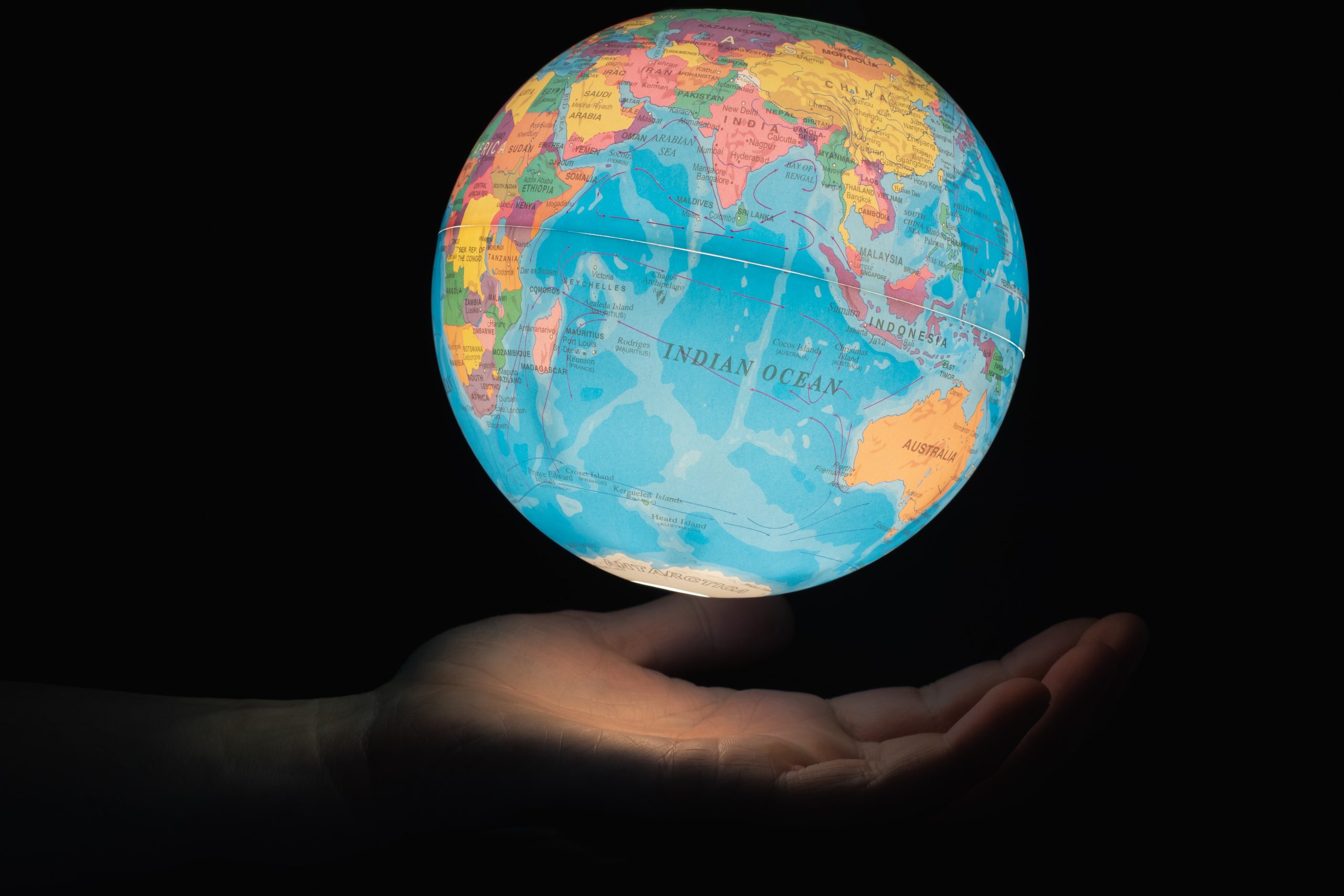In today’s interconnected world, global institutions play a pivotal role in shaping international relations, economics, and the overall well-being of nations. These institutions facilitate cooperation, foster diplomacy, and address critical global challenges. Among them, the BRICS group stands as a prime example. However, there are many other influential global institutions, each with its unique purpose and impact. In this article, we will delve into 15 such institutions that significantly impact the global landscape.
1. United Nations (UN)
The United Nations, established in 1945, serves as the primary international institution promoting peace, security, and cooperation among nations. It addresses global challenges, including conflict resolution, human rights, and sustainable development.
2. International Monetary Fund (IMF)
The IMF plays a vital role in maintaining global financial stability. It provides financial assistance to countries in need, offers economic policy advice, and conducts research to promote international monetary cooperation.
3. World Bank Group
The World Bank focuses on reducing poverty and fostering economic development by providing loans, grants, and technical expertise to developing countries. It supports various projects, from infrastructure development to education.
4. World Trade Organization (WTO)
The WTO promotes global trade by setting rules and regulations for international commerce. It seeks to ensure fair and transparent trade practices while resolving trade disputes.
5. North Atlantic Treaty Organization (NATO)
NATO is a military alliance aimed at collective defense among its member states. It was formed in response to the Cold War and continues to promote peace and security in Europe and North America.
6. European Union (EU)
The European Union is a unique supranational organization that fosters political and economic integration among its member states. It has a significant impact on European politics, trade, and regulations.
7. African Union (AU)
The African Union seeks to enhance cooperation and integration among African countries. It addresses various issues, including conflict resolution, economic development, and healthcare initiatives.
8. Organization of American States (OAS)
The OAS promotes democracy, human rights, and economic development in the Americas. It serves as a forum for diplomatic dialogue and cooperation among member states.
9. Association of Southeast Asian Nations (ASEAN)
ASEAN facilitates regional stability and economic cooperation among Southeast Asian countries. It promotes cultural exchange and political dialogue to enhance regional integration.
10. G7 and G20
The Group of Seven (G7) and Group of Twenty (G20) are forums for advanced economies to discuss global economic issues. They address topics like financial regulation, trade, and climate change.
11. Commonwealth of Nations
Comprising 54 member states, the Commonwealth promotes mutual cooperation, development, and shared values among its diverse members. It emphasizes democracy, human rights, and sustainable development.
12. Shanghai Cooperation Organization (SCO)
The SCO fosters cooperation among Eurasian countries, focusing on security, economic development, and cultural exchange. It plays a crucial role in Central Asia’s geopolitical landscape.
13. Organization of Islamic Cooperation (OIC)
The OIC represents the interests of the Islamic world, addressing political, economic, and social issues affecting Muslim-majority countries. It aims to promote unity and cooperation among its members.
14. Organization of Petroleum Exporting Countries (OPEC)
OPEC is a consortium of oil-producing nations that regulates global oil prices and production levels. It plays a pivotal role in influencing the energy market and global economics.
15. BRICS
The BRICS group, consisting of Brazil, Russia, India, China, and South Africa, is a forum for emerging economies. It focuses on economic cooperation, political dialogue, and addressing global challenges.
Global institutions like the United Nations, IMF, and World Bank play critical roles in maintaining peace, stability, and economic prosperity worldwide. Regional organizations such as the EU, AU, and ASEAN contribute to the integration and development of specific geographic areas. Additionally, groups like G7, G20, and BRICS facilitate cooperation among nations with shared interests.
In today’s interconnected world, these institutions are essential for addressing global challenges, from climate change to pandemics, and fostering international cooperation. As our world continues to evolve, the role of these institutions will remain pivotal in shaping the global landscape for a better and more sustainable future.



